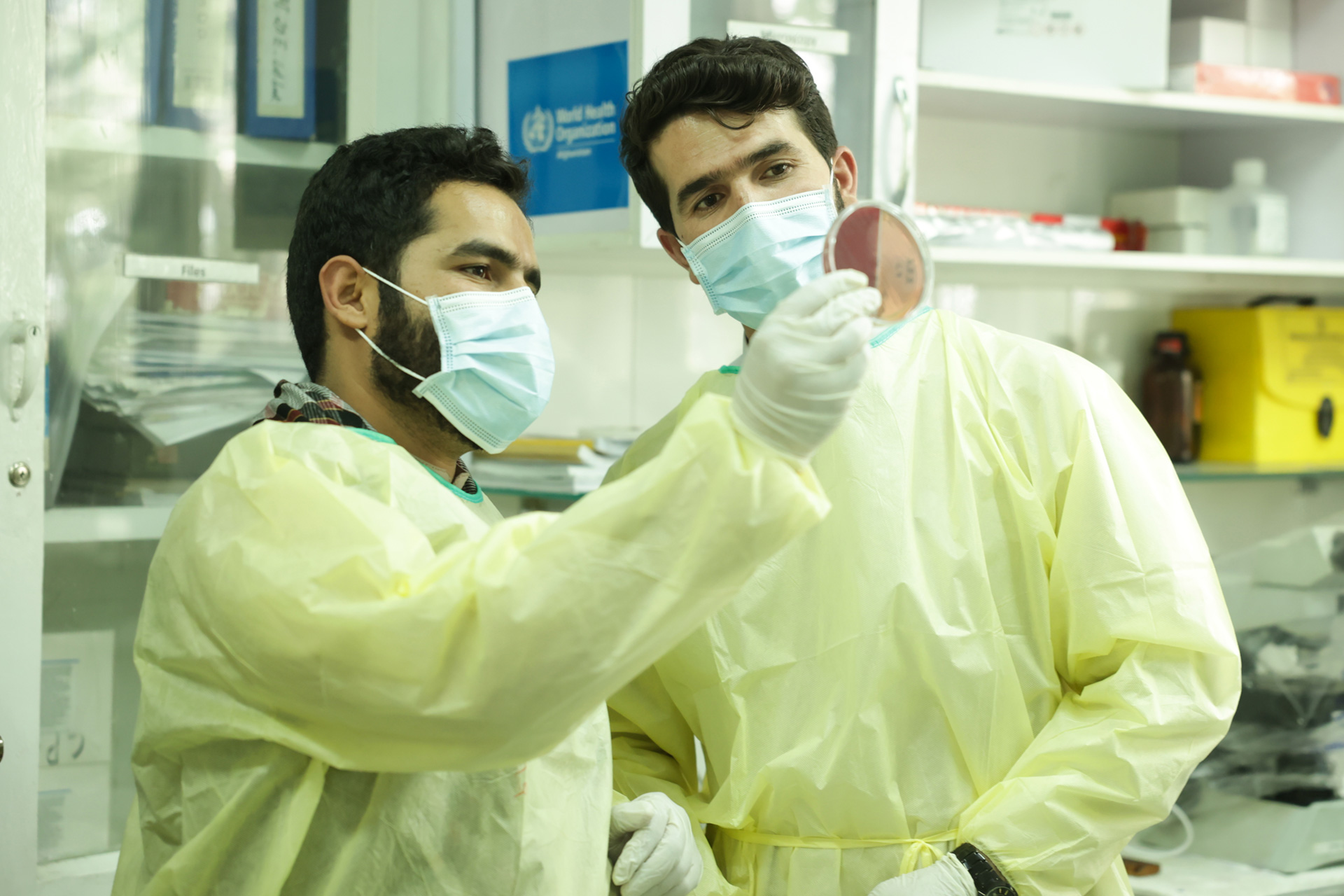
3 September 2025, Cairo, Egypt – In response to the urgent – and growing – threat antimicrobial resistance (AMR) poses to global health, development and security, the World Health Organization (WHO) is developing a new Global Action Plan on AMR (AMR GAP 2.0) in line with Resolution WHA77.6 and the 2024 UN Political Declaration on AMR.
As part of the process of framing the future of global AMR policy, the WHO Regional Office for the Eastern Mediterranean convened a consultation with Member States this week to review and provide feedback on the zero draft of the new plan. The consultation seeks to ensure that regional perspectives, priorities and challenges are reflected in the global strategy.
In her opening remarks to health leaders from across the Region who gathered in Cairo for the event, Regional Director for the Eastern Mediterranean Dr Hanan Balkhy called for a technically robust, operationally practical and socially equitable plan that addresses the social determinants and gender dimensions of AMR and ensures that the Region’s needs are fully reflected in global priorities and resource allocation.
The consultation brought together more than 70 participants from ministries of health, national AMR and infection prevention and control (IPC) focal points and laboratory and One Health experts from 20 countries.
Objectives of the consultation included reviewing the AMR GAP zero draft, identifying regional priorities and implementation challenges and consolidating feedback and recommendations from Member States.
Participants engaged in in-depth discussions focused on priority issues, including surveillance, equitable access to antimicrobials, capacity-building, governance and regional coordination mechanisms.
The outcomes of the consultation will inform revisions to the Plan, resulting in a more responsive, inclusive and actionable global AMR framework and strengthening regional alignment and ownership of the global AMR agenda.





